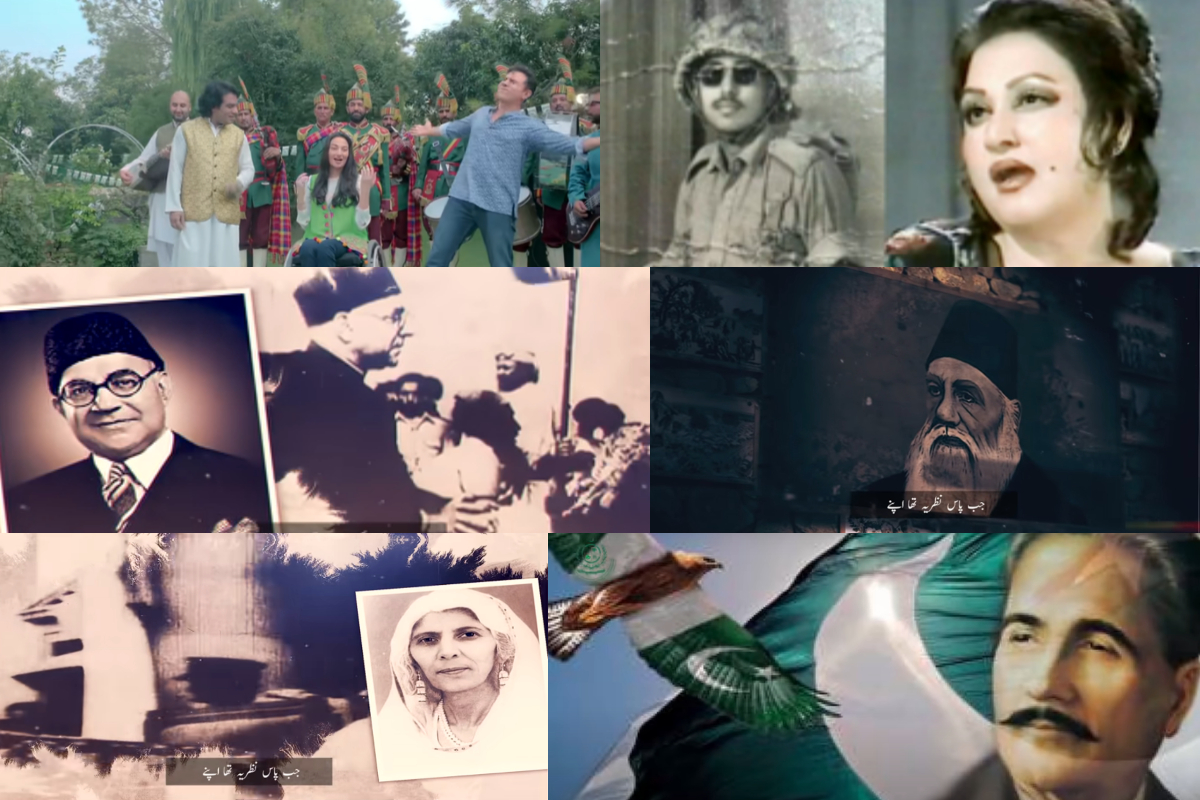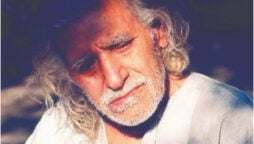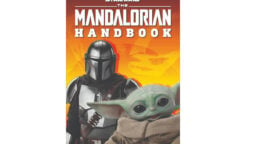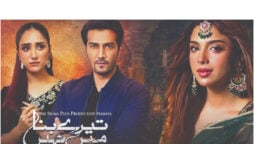
Patriotic songs need to be revamped so as to capture the zeitgeist of a particular period in history
KARACHI: What do Mehdi Hassan’s Ye Watan Tumhara Hai, Madam Noor Jahan’s Aye Watan Kay Sajiley Jawanoo, Muhammad Ali Sheikhi’s Main Bhi Pakistan Hoon and Vital Sign’s Dil Dil Pakistan have in common? Needless to say, these songs are categorised among the esteemed milli nagmay that are sung each year on Independence Day, Pakistan Resolution Day and other special occasions. However, a quick Google search will reveal another alarming yet inconspicuous commonality among these songs: all of them were initially composed before the year 2000.
It would be wrong to assert that milli naghmay have fallen out of favour. New patriotic songs that honour the tremendous sacrifices rendered for Pakistan are released on special occasions by various state institutions and other entities. Even so, the lyrics of the milli naghmay of yore have been etched into our hearts and minds – an ever-present testament to their timeless appeal. Over the years, singers have produced modern renditions of these old patriotic songs. The willingness to preserve the spirit of these old melodies in a new avatar is welcome proof of their enduring influence on our psyche. Our connection with these songs is visceral, sentimental and often defies logic. When we hear the first bars of Jazba Junoon, we are transported to the halcyon days of our youth – a time when optimism and naivety provided doorways into new possibilities. Swayed by the lyrics of Junoon’s smash-hit, we allowed ourselves to uncritically accept that Pakistan’s wellbeing was inextricably linked with our collective enthusiasm to make our nation stronger. Many of us naively fancied ourselves as change-agents who could reshape the destiny of our country in a time of democratic instability. As time went by, the optimistic fervour was shattered and the collective junoon wore thin. It is widely believed that the endless cycle of democratic instability, corruption and political unrest sullied the image we had of our nation and consequently dampened our passion for patriotic songs. Lyrics that once embodied the concerns of the country’s teeming millions now seemed hollow and tenuous. Melodies that once served to provide consolation in the nation’s most distressing hours were now tantamount to mouthpieces that served sectional interests.

Sceptics have, therefore, argued that patriotic values have been greatly compromised in the country. These speculations appear to be somewhat flawed as statistics paint an entirely different picture of our soaring devotion to Pakistan. If a recent Gallup survey is anything to go by, Pakistan is ahead of 24 other countries in terms of patriotic values. As per the statistic, 90% of Pakistanis have voiced a deep affinity with the country whereas 96% are prepared to defend the nation on the battlefield. In addition, 70% of Pakistanis are reluctant to emigrate even if they are provided suitable job opportunities.
If these figures are to serve as a gauge, patriotism isn’t under threat. On the contrary, patriotic songs need to be revamped so as to capture the zeitgeist of a particular period in history. Nostalgia can’t serve as the only force that propels us to recall the lyrics of a milli naghmay. The melodies need to be rooted in a particular social, political and historical context.
For instance, a vast majority of the patriotic music that we have grown to admire was a response to the wars that challenged the sovereignty and unity of the nation. Noor Jahan and Naseem Begum’s melodies raised the morale of the nation during the 1965 war. Jamiluddin Aali wrote Jeevay Jeevay Pakistan in 1971 when provincialism had reached its perilous peak in the country.
Without this critical ingredient, the milli naghmay will lose their contemporary relevance. The overarching narrative embodied in these songs has to evolve with time. If it fails to achieve this effect, the multitudes of people who turn towards these songs for succour will feel disconnected and become all the more disenchanted with the status quo in Pakistan.
Concerns about contemporary appeal in these songs are often dismissed as trivial. The longevity of our vintage milli naghmay is often erroneously viewed as a sign that no other musical composition can measure up to the preexisting standards. These static stereotypes are, of course, an obstacle for those who wish to push the creative boundaries and churn out fresh patriotic tunes. The reluctance to develop a fresh impetus for patriotic music is aligned closely with the growing resistance to change that has become synonymous with Pakistan’s culture. A concerted effort is required to alter mindsets.
The Inter-Service Public Relations (ISPR) has played a pivotal role in injecting patriotic fervour through music. On crucial occasions, such as August 14 and Defence Day, the military’s media wing releases songs that seek to fuel patriotic zeal by highlighting the might of the armed forces. A quick glance at some of the songs released by the ISPR on Independence Day in recent years shows that an attempt is being made to draw upon contemporary challenges. For example, Sahir Ali Bagga’s Yun Pakistan Bana Tha welds the past with the present by using archival footage and creative animations to highlight the sacrifices of Muslims during the Pakistan Movement. Released in August 2020, the song was aired a year after the illegal occupation of Indian Occupied Kashmir – a heinous move that exposed the stark reality of ethnic cleansing faced by Muslims in India.
The pressing need to make patriotic songs pertinent to present-day realities is also evident in modern versions of old patriotic songs. A new rendition of Dil Se Pakistan was released in 2017 to mark the 70th year of Pakistan’s independence. The song was a collaborative effort of Haroon, Javed Bashir, Farhan Bogra and Muniba Mazari and its video featured Aakif Azeem, a survivor of the Army Public School massacre. The decision to include Azeem engages viewers in a crucial discourse on the country’s volatile security environment. Be that as it may, this rendition is steered by the oft-repeated narrative of nostalgia.
Beyond these well-meaning initiatives, a critical dialogue needs to begin on the significance of patriotic songs in Pakistan. It would be rather presumptuous to declare that milli naghmay are a thing of the past. At this critical juncture, two developments have come to the fore with respect to patriotic music.
First, the government-backed Steering Committee has decided to give the national anthem a much-needed makeover by including a diverse range of voices from across the country. The exercise will not only preserve the sanctity of the original composition, but also represent different regions, genres and communities. The initiative has been criticised as nothing more than a seemingly tokenistic measure that won’t achieve much. Second, a countrywide National Song competition was initiated in June 2022 as a means of finding the next big patriotic melody. This endeavour seeks to revive the scope for patriotic music in the country. Furthermore, the competition is based on a call for submissions and thereby democratises the process of finding these songs. As a result, there’s a stronger likelihood that the songs will address the genuine concerns of the people.
The first development is merely a cosmetic measure while the second presents an opportunity to breathe new life into the milli nagmay that seem to have grown stale over time. It remains to be seen how these initiatives will be received by the people. Moving forward, a few structural adjustments need to be made within the industry to restore patriotic music. Critics have asserted that the vintage milli nagmay were penned by exceptional writers such as Jamiluddin Aali, Saqi Javed and Masroor Anwar. In this day and age, writers of such a high intellectual calibre are a rare find. Another related concern is that the state seldoms provides due support to writers. A conscientious effort needs to be made to rectify these issues and pave the way for new and memorable patriotic songs.
Catch all the Breaking News Event and Latest News Updates on The BOL News
Download The BOL News App to get the Daily News Update & Live News.












 Read the complete story text.
Read the complete story text. Listen to audio of the story.
Listen to audio of the story.